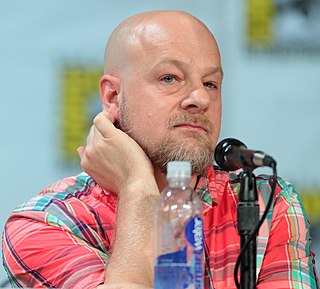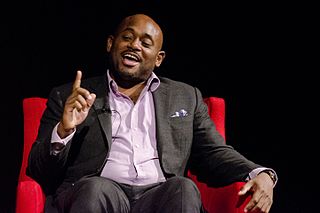A Quote by Linda Perry
My number one goal is to take over the music business and run a really great record company.
Related Quotes
I think for us, we don't feel like the future of music is in the act of being a record company. We feel like the future of the music business is in empowering artists to have better and better tools to communicate with their fans. We want to be people who are saying to artists, "Look, you don't need that company over there to release your album. You can do it this way." Almost more of a band partnership than a label-artist relationship. Not about ownership of content, but about empowerment.
The music business has made a 360. It's a whole 'nother game. It's not nearly what it was. And I fear for it, because, you know, with the advent of the computer and online and downloading and all these things, they have destroyed - that stuff has destroyed the record business, not the music business, but the record business. The music business is well, and it's alive and thriving. Now, I hope something happens to turn it back around to the point whereas it's - you're earning a living from writing your songs, from your work, you know, because it's not like that anymore.
But I did mine through a production company. All the music I did, I gave to the production company. Then the production company would give the record company the album. I used to do all my albums like that. It was fantastic. But now, understand, I have never planned to do anything with these other tapes. The one that are released, like the Virgin Ubiquity you have there, I wasn't going to do anything with that music. One day, I was talking to this guy that owns BBE over in England, and I said I've got some tapes and stuff that you might be interested in, and he went berserk.
You go ask any founder of any company why he or she did it, you will never hear, "I wanted to create jobs for the community" as the number one, number two, number three, number four, number five, number 10 reason for doing so. That is a result of the success the business enjoys. Creating jobs is not why people start businesses. Creating jobs is not how people innovate in business. It's not how they compete.

































